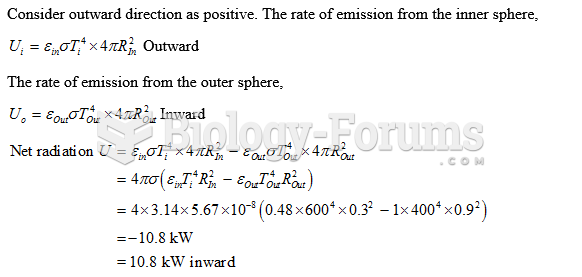|
|
|
More than 20 million Americans cite use of marijuana within the past 30 days, according to the National Survey on Drug Use and Health (NSDUH). More than 8 million admit to using it almost every day.
The modern decimal position system was the invention of the Hindus (around 800 AD), involving the placing of numerals to indicate their value (units, tens, hundreds, and so on).
In 1886, William Bates reported on the discovery of a substance produced by the adrenal gland that turned out to be epinephrine (adrenaline). In 1904, this drug was first artificially synthesized by Friedrich Stolz.
Aspirin is the most widely used drug in the world. It has even been recognized as such by the Guinness Book of World Records.
Children with strabismus (crossed eyes) can be treated. They are not able to outgrow this condition on their own, but with help, it can be more easily corrected at a younger age. It is important for infants to have eye examinations as early as possible in their development and then another at age 2 years.
 Effleurage as a finishing and transition technique. Finish the left side with effleurage moving back ...
Effleurage as a finishing and transition technique. Finish the left side with effleurage moving back ...
 Rhythmic compression to gluteal muscles using the fist. Press into the large gluteal muscles moving ...
Rhythmic compression to gluteal muscles using the fist. Press into the large gluteal muscles moving ...





